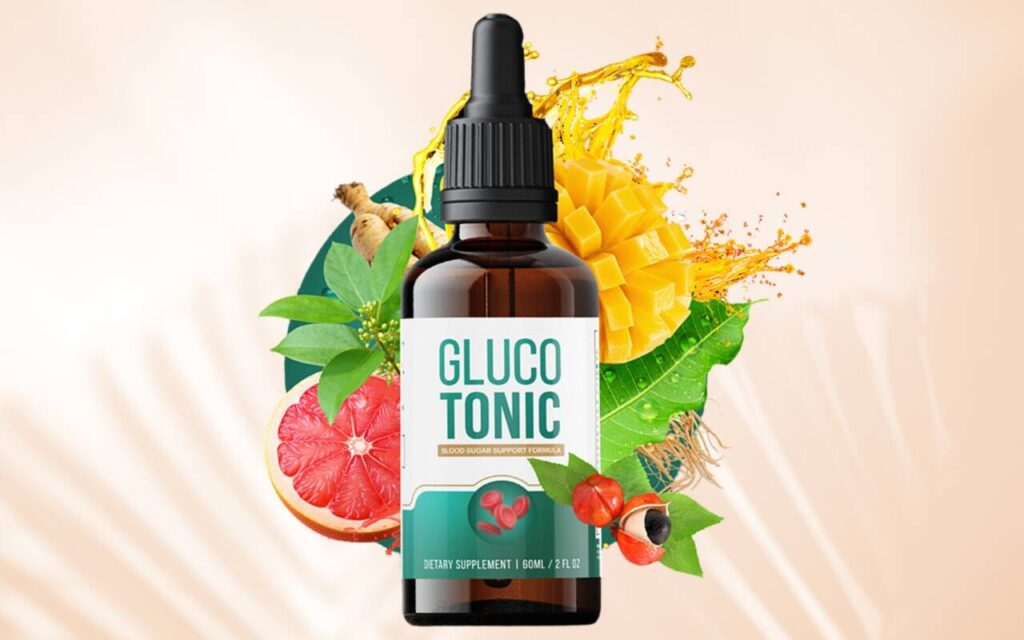Blood Sugar Support Supplement Side Effects Among Teenagers
In recent years, the use of blood sugar support supplements has gained popularity among individuals seeking to manage their glucose levels naturally. While these supplements are often marketed as safe and effective, concerns have arisen regarding their potential side effects, particularly among teenagers. Adolescence is a critical period of growth and development, making it essential to understand how these supplements may impact young users. This article explores the blood sugar support supplement side effects in teenagers, reviews the efficacy of such products, and highlights important considerations for parents and guardians.
Understanding Blood Sugar Support Supplements
Blood sugar support supplements are formulated with natural or synthetic ingredients designed to help regulate glucose metabolism. Common ingredients include:
- Cinnamon extract – Believed to improve insulin sensitivity.
- Chromium – A mineral that may enhance insulin action.
- Berberine – A plant compound with potential glucose-lowering effects.
- Alpha-lipoic acid – An antioxidant that may reduce oxidative stress linked to diabetes.
While these ingredients are generally considered safe for adults, their effects on teenagers—whose bodies are still developing—remain understudied.
Why Are Teenagers Using Blood Sugar Support Supplements?
Several factors contribute to the rising use of blood sugar support products among adolescents:
- Increased Awareness of Diabetes Risk – With growing concerns about prediabetes and type 2 diabetes in younger populations, some teens turn to supplements as a preventive measure.
- Influence of Social Media and Marketing – Aggressive advertising and endorsements by influencers can make these supplements appear harmless and beneficial.
- Parental Guidance or Self-Medication – Some parents may encourage supplement use, while others may not be aware their teens are taking them.
Despite the perceived benefits, the lack of regulation and clinical trials specifically targeting teenagers raises concerns about safety.
Potential Blood Sugar Support Supplement Side Effects in Teenagers
While blood sugar support reviews often highlight positive outcomes, potential adverse effects must not be overlooked, especially in adolescents. Some documented side effects include:
1. Hypoglycemia (Low Blood Sugar)
Supplements designed to lower blood glucose may cause hypoglycemia, leading to dizziness, confusion, fatigue, and even fainting. Teenagers, particularly those engaged in sports or rigorous activities, may be at higher risk.
2. Gastrointestinal Distress
Ingredients like berberine and magnesium can cause nausea, diarrhea, or stomach cramps—side effects that may be more pronounced in younger users with sensitive digestive systems.
3. Hormonal Imbalances
Adolescence is a period of significant hormonal changes. Some supplements may interfere with insulin production or other metabolic processes, potentially disrupting growth and development.
4. Allergic Reactions
Natural ingredients such as cinnamon or bitter melon can trigger allergic responses, including skin rashes, swelling, or breathing difficulties.
5. Drug Interactions
Teens taking prescription medications (e.g., for ADHD or mental health conditions) may experience dangerous interactions when combined with blood sugar supplements.
Evaluating Blood Sugar Support Reviews: What Do They Really Say?
A closer look at blood sugar support reviews reveals mixed opinions:
- Positive Feedback: Some users report improved energy levels and stabilized glucose readings.
- Negative Experiences: Others mention adverse effects like headaches, jitteriness, or unexpected drops in blood sugar.
Notably, most reviews come from adults, making it difficult to assess their relevance to teenagers. Parents should approach such testimonials with caution and consult healthcare professionals before allowing supplement use.
Safety Precautions for Teenagers Considering Blood Sugar Support
Given the potential risks, the following precautions are strongly recommended:
- Consult a Pediatrician or Endocrinologist – A medical professional can assess whether a supplement is necessary and safe for a teenager’s unique physiology.
- Monitor Blood Sugar Levels Closely – If supplements are used, regular glucose monitoring can help detect hypoglycemia early.
- Avoid Self-Medication – Teens should never take supplements without supervision, especially if they have existing health conditions.
- Prioritize Lifestyle Changes First – A balanced diet, regular exercise, and adequate sleep are safer and more effective long-term strategies for blood sugar management.
The Role of Parents and Educators
Parents and educators play a crucial role in guiding teenagers toward informed health decisions. Key steps include:
- Educating Teens About Supplement Risks – Clear communication about potential blood sugar support supplement side effects can prevent misuse.
- Encouraging Whole-Food Nutrition – Emphasizing natural sources of blood sugar regulation (e.g., fiber-rich foods, lean proteins) reduces reliance on supplements.
- Monitoring Online Purchases – Many teens buy supplements online without verifying their safety or authenticity.
Conclusion
While blood sugar support supplements may offer benefits for some individuals, their use among teenagers warrants caution. The lack of extensive research on adolescent populations, coupled with potential side effects, makes professional guidance essential. Before turning to supplements, teens and their families should explore evidence-based approaches to managing blood sugar, ensuring long-term health and well-being.
By staying informed and prioritizing safety, parents and teenagers can make better decisions regarding blood sugar support reviews and supplement usage, minimizing risks while promoting healthy metabolic function.
Frequently Asked Questions
FAQ
-
What are the common side effects of blood sugar support supplements in teenagers?
Common side effects may include nausea, dizziness, headaches, and digestive discomfort. Some teenagers may also experience low blood sugar (hypoglycemia) if the supplement interacts with their diet or medications. -
Are blood sugar support supplements safe for all teenagers?
Not necessarily. Teenagers with pre-existing health conditions, such as diabetes or hormonal imbalances, should consult a doctor before taking these supplements, as they may cause adverse reactions. -
Can blood sugar support supplements interact with other medications?
Yes, some supplements may interact with prescription medications, especially insulin or other diabetes treatments. Always check with a healthcare provider before combining supplements with other drugs. -
How can teenagers minimize side effects from blood sugar support supplements?
To reduce risks, follow the recommended dosage, monitor blood sugar levels regularly, and maintain a balanced diet. If side effects occur, discontinue use and seek medical advice.


